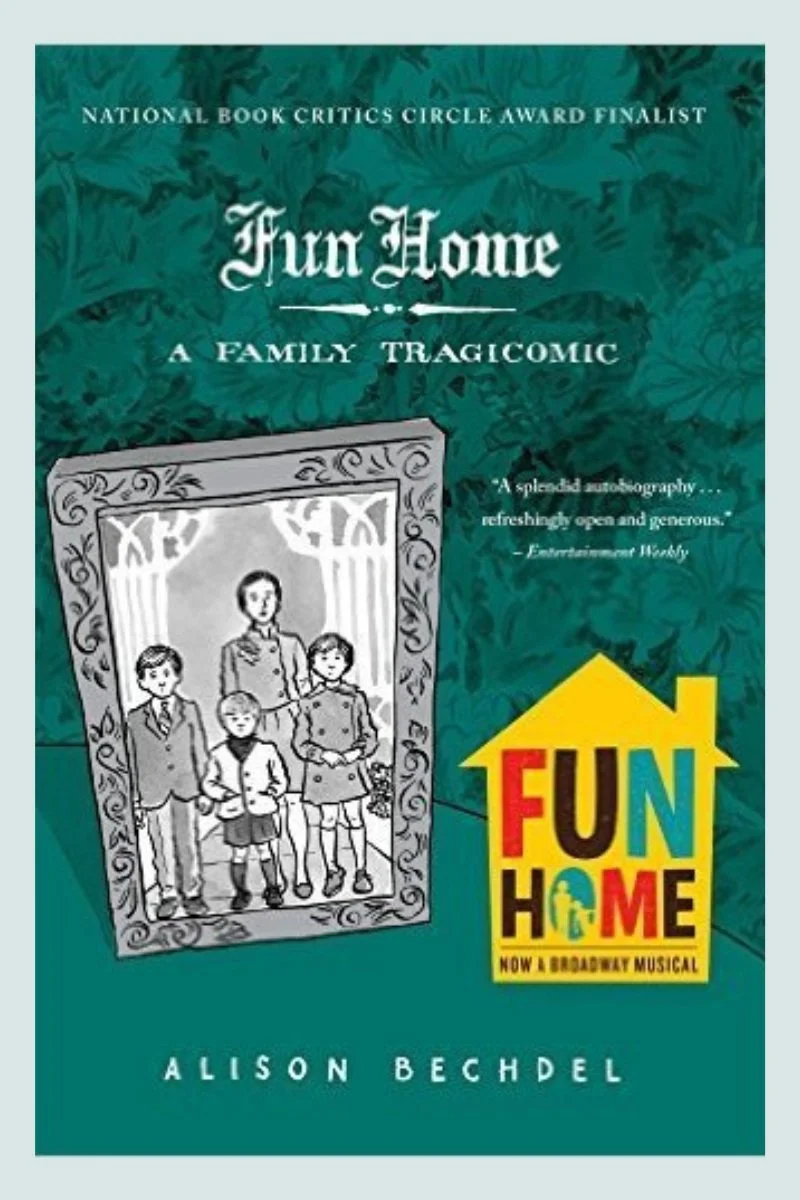All Boys Aren’t Blue – George M. Johnson
I was not aware of George M. Johnson prior to seeing “All Boys Aren’t Blue” pop-up on #Bookstagram and the Goodreads Reader Choice Awards last year.
My experience reading memoirs by people previously unknown (to me) has been mostly positive — both “Sting-Ray Afternoons” by Steve Rushin and “Here for It; How to Save Your Soul in America: Essays” by R. Eric Thomas were surprising and delightful — so I had high hopes for Johnson’s “memoir-manifesto.”
Except for a few essays that provide a voice to topics I’ve never seen discussed in YA literature — and that are important, timely and potentially lifesaving to queer and BIPOC kids — I’m struggling to understand the near universal praise for “Boys.”
What it boils down to, I think, is that it’s difficult for people to look critically at how someone shares their personal experiences. There’s no questioning the act of sharing your most private or challenging moments is laudable, especially when you have the power to help others.
And while there’s a part of me that feels like I’m living in a glass house throwing stones, it would be disingenuous not to be honest about how Johnson’s essays — more memoir than manifesto — felt perfunctory.
My biggest issue was with the writing style and tone. Even taking into consideration this is for younger readers, I still found Johnson’s delivery mostly naval gazing and braggadocios, which made it difficult to connect with the important messages they share.
Many times it felt like they were revisiting a diary and sharing day-to-day experiences that loosely connect to the overall thesis of the essay. Maybe as an audiobook, where Johnson’s personality could shine through, this wouldn’t have bothered me as much, but many essays were bogged down with unrelated minutiae.
While I was ready to give up at nearly 70 percent read, I’m glad I didn’t, because the last few essays provided some of the most enlightening and necessary lessons — especially for young gay, queer or trans men.
While I can’t fully recommend giving this one a read, I would encourage these essays reach a wide audience:
“Fags Play Football, Too” — Johnson shares how toxic masculinity dictates expectations for young males. Using their experiences growing up more effeminate, but still excelling at sports, helps break stereotypes. Another essay, “Caught in a Haze,” takes on another stronghold of straight, male culture where many queer people feel they don’t belong: a fraternity.
“’Honest Abe’ Lied to Me” — many white readers may not be aware of how much American history is white-washed, and how relegating more diverse perspectives to specific months diminishes contributions and perspectives. The accelerating debate about how U.S. classrooms discuss racism and slavery prove Johnson’s experience is important to discuss.
“Losing My Virginity Twice” — the reality is many queer kids learn about sex from pornography. While that can guide to a point, it also creates expectations and falsehoods that breed inadequacy or unhealthy practices. Johnson provides a frank discussion about what it was like navigating male/male sex without a solid foundation of sex education. If more essays in the collection were as honest and cohesive as this one, this would’ve been a five-star read.
If more essays in the collection were as honest and cohesive as the ones noted above, this would’ve been a five-star read.
Rating (story): 3/5 stars
Rating (narration): N/A
Formats: eBook (personal library)
Dates read: June 6 - 28, 2021
Multi-tasking: N/A





